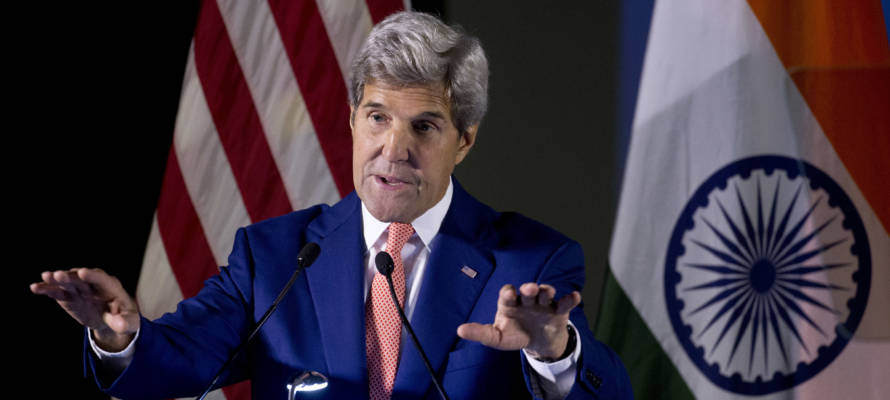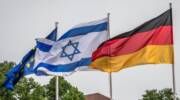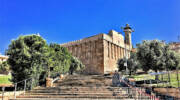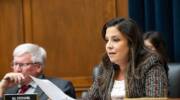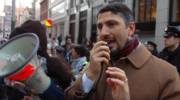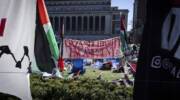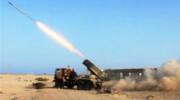In US Secretary of State John Kerry’s worldview, since suicide bombers who slaughter innocent people are a dime a dozen, the best way to burst their publicity-seeking bubbles is to ignore them. Especially when there are more pressing matters to tackle, chief among them the weather. His uncanny ability to bury his head in the sand was always apparent.
By: Ruthie Blum, The Algemeiner
You’ve got to hand it to US Secretary of State John Kerry for being consistent when it comes to his view of global terrorism. In Bangladesh on Monday, he reiterated his position to members of the press.
“Perhaps the media would do us all a service if they didn’t cover it quite as much,” he said at a briefing at the Edward M. Kennedy Center in Dhaka. This way, he explained, “People wouldn’t know what’s going on.”
This was Kerry’s clumsy way of acknowledging that though the phenomenon exists, its individual perpetrators — who “decide one day … to be … terrorists and [are] willing to kill [themselves], and go out and kill some people, [in order to] make some noise” — should not be given a spotlight. Indeed, he said, “no country is immune” from the phenomenon, because “it’s easy to terrorize.”
In other words, since suicide bombers who slaughter innocent people are a dime a dozen, the best way to burst their publicity-seeking bubbles is to ignore them. Especially when there are more pressing matters to tackle, chief among them the weather. Yes, in the eyes of America’s top diplomat, climate change is what ought to be concerning the global community, and tackling it requires everyone’s undivided attention.
In June, Kerry went as far as to say that refrigerators and air conditioners are a threat on a par with mass murder. In Vienna to amend the 1987 Montreal Protocol that would phase out hydrofluorocarbons in household appliances, he announced, “It’s hard for some people to grasp it, but what we … are doing here right now is of equal importance [to Islamic State and other terrorist groups], because it has the ability to literally save life on the planet itself.”
He failed to mention that, as he spoke, citizens of North America, Europe, Africa, the Middle East and Asia — most of whom are lucky even to own refrigerators and air conditioners — were being enslaved and slaughtered by “mere” terrorists. Nor did he bring up the fact that the greatest state sponsor of terrorism must be using oodles of hydrofluorocarbons in its nuclear plants. But, of course, he would not have wanted to mention this at that moment, exactly one month before his government would sign and seal the nuclear deal with the Islamic Republic of Iran.
Two and a half years earlier, while about to enter into another round of negotiations with Tehran over the Joint Comprehensive Plan of Action — the official name for the document giving the mullah-led regime carte blanche to pursue nuclear weapons of mass destruction — Kerry was in Indonesia. During a speech in Jakarta, he warned the country with the world’s largest Muslim population about the mortal dangers of greenhouse gas emissions and “big companies” causing typhoons, floods and the eruption of a volcano on the island of Java.
“This city, this country, this region, is really on the front lines of climate change,” he said. “It’s not an exaggeration to say that your entire way of life here is at risk. In a sense, climate change can now be considered the world’s largest weapon of mass destruction, perhaps even the world’s most fearsome weapon of mass destruction.”
One could laugh or cry to discover that the secretary of state of the United States of America is actually an ostrich in disguise. But Kerry’s uncanny ability to bury his head in the sand was always apparent. In 2004, when he was a Massachusetts senator running for president against incumbent George W. Bush, Kerry displayed this skill in an interview with The New York Times Magazine.
Asked by Matt Bai, the author of the profile, what it would take for Americans to feel safe again after 9/11, Kerry said: “We have to get back to the place we were, where terrorists are not the focus of our lives, but they’re a nuisance. As a former law enforcement person, I know we’re never going to end prostitution. We’re never going to end illegal gambling. But we’re going to reduce it, organized crime, to a level where it isn’t on the rise. It isn’t threatening people’s lives every day, and fundamentally, it’s something that you continue to fight, but it’s not threatening the fabric of your life.”
A far greater “nuisance” marred Kerry’s visit to New Delhi this week. On Wednesday, he was late for a meeting with Indian Prime Minister Narendra Modi, due to the monsoon that greeted his arrival and caught his motorcade unprepared. Massive traffic and flooding also made him late to deliver a speech at the Indian Institute of Technology.
“You guys all deserve an award for getting here today,” Kerry said to the students in the audience. “I don’t know if you came in boats or amphibious vehicles of some kind, but thank you so much for making the effort.”
It was a perfect segue into Kerry’s favorite topic — the weather.
Do You Love Israel? Make a Donation - Show Your Support!
Donate to vital charities that help protect Israeli citizens and inspire millions around the world to support Israel too!
Now more than ever, Israel needs your help to fight and win the war -- including on the battlefield of public opinion.
Antisemitism, anti-Israel bias and boycotts are out of control. Israel's enemies are inciting terror and violence against innocent Israelis and Jews around the world. Help us fight back!
